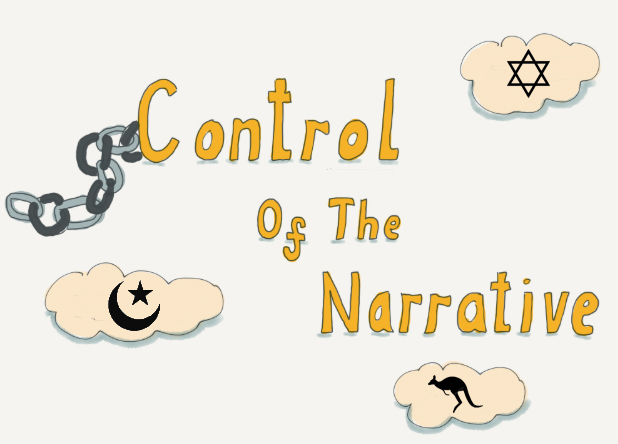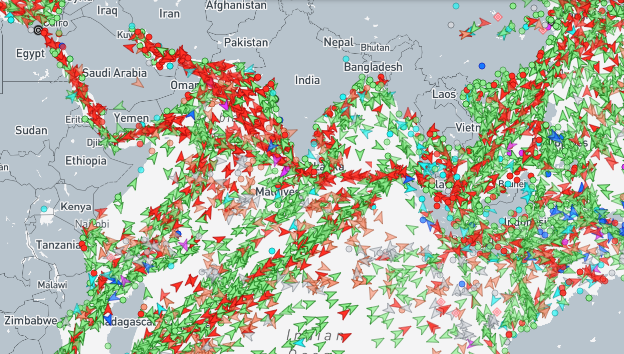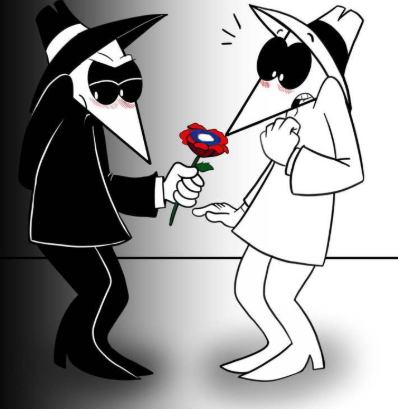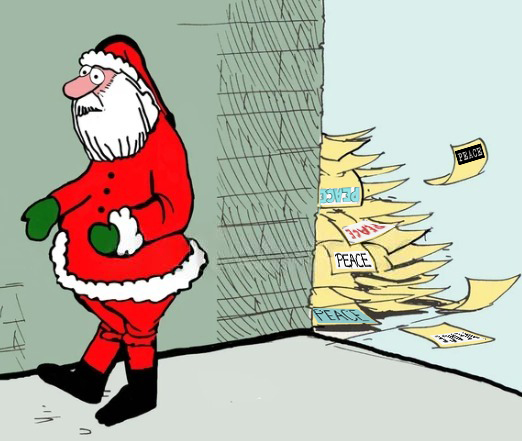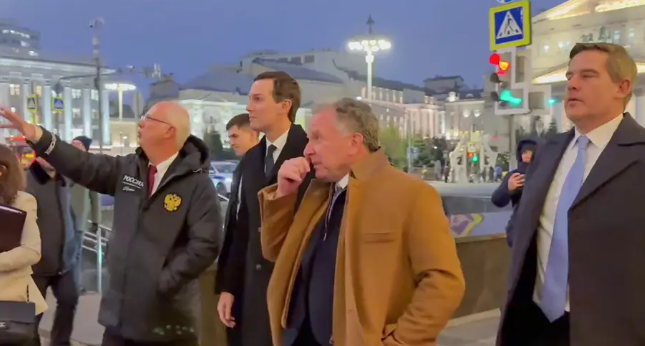

By John Helmer, Moscow
@bears_with
Blowing the shofar, the Jewish ritual ram’s horn, has traditionally been the signal to start an attack or a war, and also to celebrate victory at the end of a war.
In the lead picture, two rabbis, Eli Schlanger (left) and Yossi Friedman (right) blew the shofar above Bondi Beach in Sydney in September 2019. Schlanger was the assistant rabbi in the Chabad Lubavitcher religious organisation in Bondi; Friedman has been the Jewish chaplain to the Australian Air Force and runs a rabbi-on-demand service in Sydney.
Schlanger was the organiser of the annual celebration of Hanukkah; that was a civil war and rebellion against the Seleucid king Antiochus IV in 167 BC. The Hanukkah ceremony was held on Bondi Beach on December 14. Schlanger was one of the fifteen killed during the shooting attack by Sajid Akram and Naveed Akram, father and son, in which the father was killed by police.
Wounded but surviving, Naveed Akram has been charged with 15 counts of murder; one count of committing a terrorist act; 40 counts of wounding with intent to murder; and one count of “caus[ing] public display of a prohibited terrorist org[anisation] symbol.” The police have not released the text of the indictment. “Police will allege in court the man engaged in conduct that caused death, serious injury and endangered life to advance a religious cause and cause fear in the community,” a local newspaper has reported.
The NSW statute defining terrorist acts says they are “an action where…(b) the action is done with the intention of advancing a political, religious or ideological cause, and (c) the action is done with the intention of– (i) coercing, or influencing by intimidation, the government of the Commonwealth or a State, Territory or foreign country, or of part of a State, Territory or foreign country, or (ii) intimidating the public or a section of the public.”
The law explicitly excludes from this definition of terrorism “if it– (a) is advocacy, protest, dissent or industrial action, and (b) is not intended– (i) to cause serious harm that is physical harm to a person, or (ii) to cause a person’s death, or (iii) to endanger the life of a person, other than the person taking the action, or (iv) to create a serious risk to the health or safety of the public or a section of the public.”
The Australian Government’s release of “listed terrorist organizations” includes Hamas, the elected government of Gaza, with its coalition partner Palestinian Islamic Jihad; Hezbollah, part of the Lebanese government coalition; Ansar Allah, the ruling authority in Yemen; Hay’at Tahrir al-Sham (HTS), the ruling authority in Syria; and the Kurdistan Workers Party (PKK) in civil war againast the Turkish Government in Ankara.
According to the statute implementing this list, the Counter-Terrorism Legislation Amendment (Prohibited Hate Symbols and Other Measures) Act of 2023, symbols such as flags, hand gestures, pictures, and speech “advocating terrorism or genocide” are criminal. The offence, under this law, “applies if a reasonable person would consider that the conduct mentioned in paragraph (1)(a) involves advocacy that: (a) is advocacy of hatred of: (i) a group of persons distinguished by race, religion or nationality (a targeted group ); or (ii) a member of a targeted group… it does not matter whether the conduct actually results in the hatred mentioned in that paragraph…For the purposes of paragraph (4)(b), it does not matter whether the conduct actually incites another person as mentioned in that paragraph…this subsection applies if the conduct mentioned in paragraph (1)(a) is likely to offend, insult, humiliate or intimidate a person who is: (a) a reasonable person; and (b) a member of a group of persons distinguished by race, colour, sex, language, religion, political or other opinion or national or social origin; because of the reasonable person’s membership of that group.”
The Australian Federal Police (AFP) have subsequently arrested and charged a 19-year old man for speech and hand gestures on board an aircraft flying from Bali, Indonesia, to Sydney airport. The AFP have charged “one count of threatening force or violence against members of groups or close associates, contrary to section 80.2BB(2) of the Criminal Code (Cth). The offence carries a maximum penalty of five years’ imprisonment. The AFP received a request for assistance from an airline on 17 December, 2025, in relation to an incident on a flight from Bali to Sydney. Police will allege the man made antisemitic threats and hand gestures indicating violence towards the alleged victim, who the man knew to be affiliated with the Jewish community. AFP officers arrested and charged the man on his arrival into Sydney International Airport. He was refused bail to appear before NSW Local Bail Division Court 7 today.”
In the Australian context of the murders at Bondi Beach, the evidence made public so far linking the Akram killings to terrorism is a black flag of the Islamic state shown in videoclips fixed to the windscreen of their car.
Published research before the incident has revealed that since the beginning of the Hamas military operation against Israel in October 2023, “reports of antisemitism in Australia increased 738% and Islamophobia increased 1300%”, and that “anti-Palestinian racism is a specific and documented form of Islamophobia.” Critics of the Australian hate-speech laws and lists have registered many objections, including taking sides in “strong disagreements between religions.”
In this context then, in the war in Gaza ruled to have method and intent of Israeli genocide against the Palestinians by the International Court of Justice — does the evidence and the law apply to the Chabad Lubavitcher organisation in their support for the Gaza genocide? Click to view the podcast with Jamarl Thomas.
(more…)
